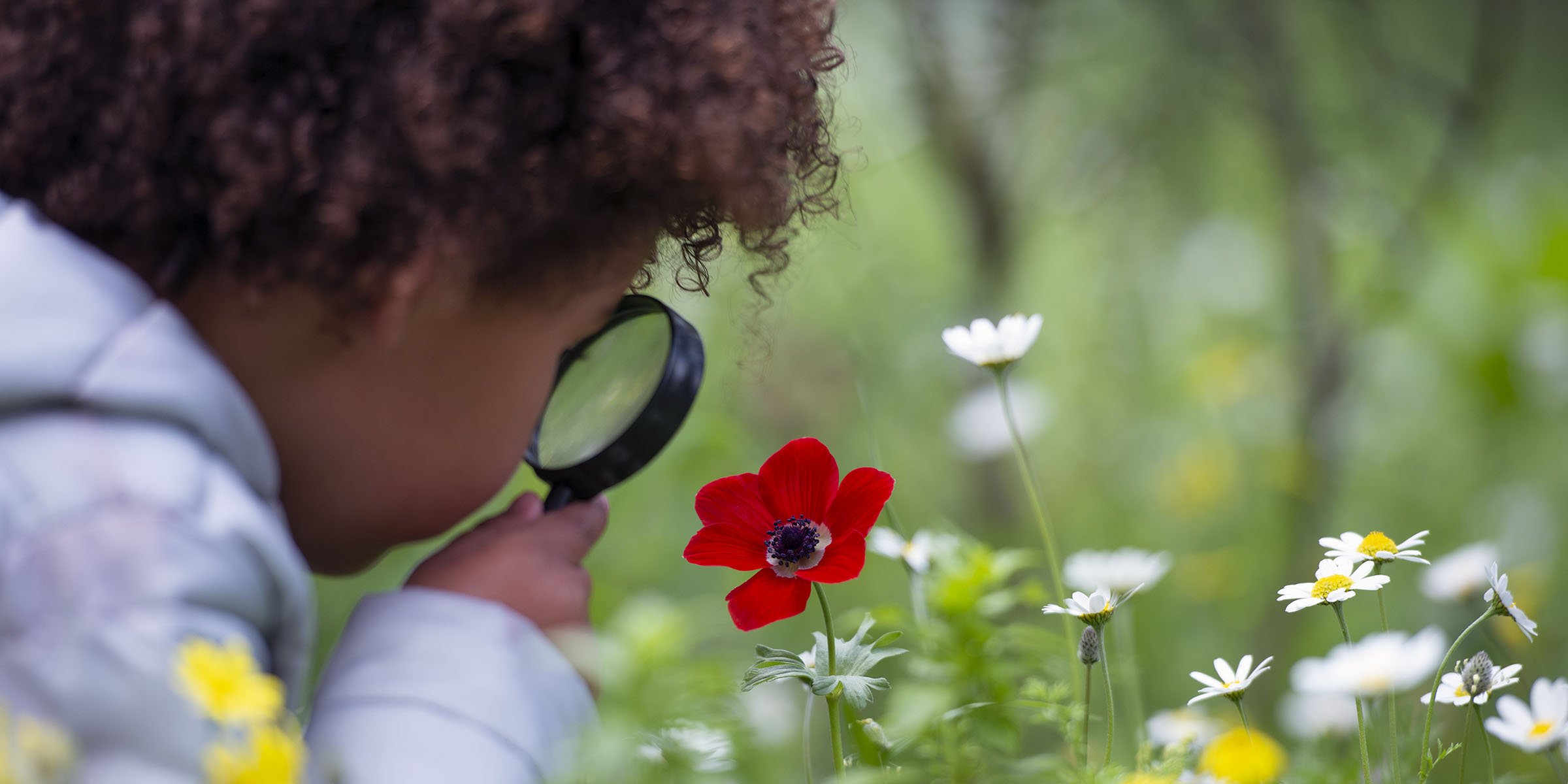
Deep Curiosity
Curiosity shows up in many forms:
Learning more about what a person is sharing
Learning more about the person who is sharing
Learning more about a situation beyond our assumptions
And most important, learning more about yourself
Let’s begin by discussing curiosity and learning within a conversation. When another person is taking the time and energy to share their thoughts with us, the most loving thing we can do is to deeply listen with an abundance of curiosity. Listen with an open mind and an open heart. Notice their body language. Are they tense or excited? Many times, body signals can give you more information than words. Next, listen with a level of deep curiosity. Tune in to nothing but what they are saying and allow yourself to take it in. If a response comes to mind, set it aside and continue to simply absorb all the nuances of their speech and tone. Hold a childlike fascination for why and what they are sharing. Often times, being heard this deeply calms a person’s nerves/anxiety or helps them externally process an idea. You don’t have to add to what they are saying right away, give them the space to expand their thoughts and work out new innovations.
The benefits of this type of listening allows you to learn more on the subject, as well as more about them and what is important to them. You learn more about what their values are, even if it is simply a story about putting gas in their car. Listen for what moves them and makes their heart beat. This creates a deeper intimacy in friendships and coworkers with more authenticity. Trust can grow organically when they feel they are truly being heard and seen, that their story is important to you. There can be no greater gift than showing up completely in a conversation.
Often when we are engaged in conversation or simply observing another, our minds run faster than our ears can listen. This is called “listening in order to respond.” This type of listening can be useful in a brainstorming session, but it is really unnecessary when needing to absorb what someone is sharing. Next time you notice you are waiting to respond, take a deep breath, focus on their face or voice (if on the phone) and allow yourself to notice what they are experiencing as they are talking. When they are finished, your response may still be on the tip of your tongue, but I bet your response may have changed due to more information you gathered by simply listening with deep curiosity.
Now we’ll discuss how curiosity in a situation can enhance your experience. When in a group of people, a meeting or a dinner party take a moment and allow your gaze to soften and your other senses to take over. What do you smell? What do you sense in their mood? What do you hear? Allow more of that childlike fascination to surface and be amazed at what you hadn’t noticed before. This is a very good thing to challenge yourself with when you’re in a situation where you are making assumptions about others or topics. Don’t assume you know what they mean, ask open-ended questions with an open heart to hear what they want to share. This is especially helpful in today’s political climate where many have some hot buttons. When you are wanting to learn about where they are on a situation, make sure your questions allow them to truly open up, and the best way is by allowing them to see that your heart and mind are open and you are genuinely curious about them.
The last thing I want to discuss is the most important type of curiosity, deep curiosity about yourself. Have you ever wondered why you have certain beliefs? Why does a certain smell make you feel happy or relaxed? Why do you process information the way you do? Why do you get emotional? Why do you love the way you do? Why do you hurt the way you do?
These questions can’t always be answered by pointing outwards and assuming based on outside influences. I challenge you to look inwards and seek what really makes you tick. Perhaps the smell of roses brings you joy because you helped your grandmother trim hers and you loved spending time with her. Perhaps you are slow to love or trust because you witnessed a painful divorce as a child. Or perhaps you hurt in ways that are unexplainable because of some lost memories. There are a myriad of things none of us have explored in ourselves. The more you dig into what makes you unique, the more you can thrive in this amazing world.
This type of curiosity and exploration takes time and courage. It can be accomplished with a trained coach who can guide you into learning more about yourself. How would this benefit your life? Knowing more about you enables you to hold a strong confidence and allows others to know the real you.
Next time you are sharing a story, be curious about why you want to share and how your body feels as you are sharing. What do you notice about your shoulders, your hands and feet? How does your posture feel and how quickly is your heart beating? Then deepen that curiosity and write down what you noticed. After a while, you’ll learn more about yourself by having that curiosity about how you share.
